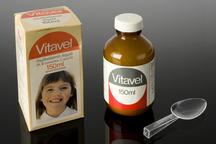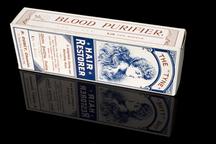

Tube of factor 20 Soltan Maximum UVA Protection Cream
- Made:
- circa 1997 in unknown place
- maker:
- Boots Contract Manufacturing




Container for 'Soltan Maximum UVA Protection Cream, factor 20' made by The Boots Company plc, c1997
Sun cream is one of the main ways many of us protect ourselves from the sun. It was during the 1930s and 1940s that chemical sun creams were first developed. By absorbing or reflecting harmful radiation from the sun, they stop it from reaching the skin and causing damage. For the first few decades, sun cream just worked against ultraviolet B (UVB) rays which cause sun burn. However, more modern sun cream also protects us from ultraviolet A (UVA) radiation which can penetrate the skin more deeply. Over the past 50 years, our relationship with the sun has changed. There has been a move away from tanning and an increased awareness of the risks of sun exposure.
Sun protection factor (SPF) was first introduced in 1962 to measure the effectiveness of sun cream. The first sun cream assessed using this unit was given SPF 2. Since then, SPF ratings have gradually increased. The NHS now recommend using a minimum of SPF 30. SPF only measures protection against UVB radiation – modern sun cream also has a star rating to show how effectively it protects against UVA rays.
Details
- Category:
- Materia Medica & Pharmacology
- Object Number:
- 2022-530
- Materials:
- polypropylene and polyethylene (polythene)
- type:
- tube
- credit:
- The Boots Company plc




